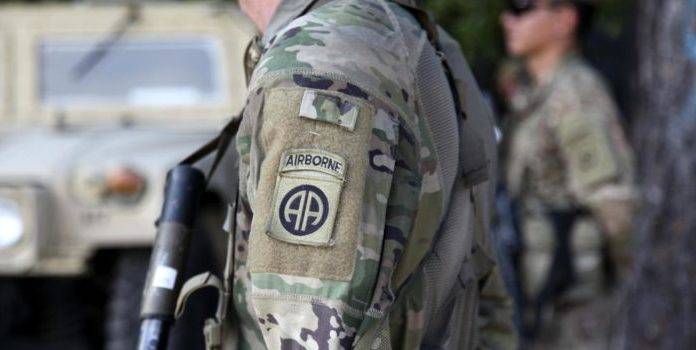(Headline USA) Army recruiters struggling to meet enlistment goals say one of their biggest hurdles is getting into high schools, where they can meet students one on one.
During three days of back-to-back meetings across Chicago last month, Army Secretary Christine Wormuth spoke with students, school leaders, and recruiters.
Again and again, she asked, what can the Army do to better reach young people and sell itself as a good career choice.
In blunt sessions, recruiting leaders told her they need more and better access to high school students. But they also said the atmosphere can at times be unfriendly — or worse — with school leaders, many of whom are skeptical that the Army offers a good career option for their students. “I’m going to use the word hostile,” one recruiter told her. “There’s no other word to use.”
This information comes after the Army’s worst recruiting year in recent history, when it fell 25% short of its 60,000 enlistment goal.
Two years of the coronavirus pandemic shut down recruiters’ access to public events and schools where they could find prospects.
According to estimates, just 23% of young people can meet the military’s fitness, educational and moral requirements, with many disqualified for reasons ranging from medical issues to criminal records and tattoos.
Army leaders say their surveys show that young people don’t see the Army as a prime career choice, often because they don’t want to die or get injured, deal with the stress of military life or put their lives on hold.
In a meeting with Pedro Martinez, the chief executive for Chicago’s public schools, Wormuth noted the recruiters’ frustrations and she pressed for answers on how to fix things.
Martinez agreed that when recruiters try to work with individual schools, and a new recruiter comes in or a counselor leaves, “there’s not always a warm handoff.” He suggested working with the central district office instead.
Swiveling to Lt. Col. Shane Doolan, the recruiting battalion commander for Chicago, Wormuth asked if the team deals well with the central office.
Doolan and other recruiters told Wormuth that they face resistance from teachers’ unions and school board members who don’t see the value in offering students the military as a career option. In some cases, school officials view the military through a post-Vietnam era lens.
Adapted from reporting by the Associated Press

